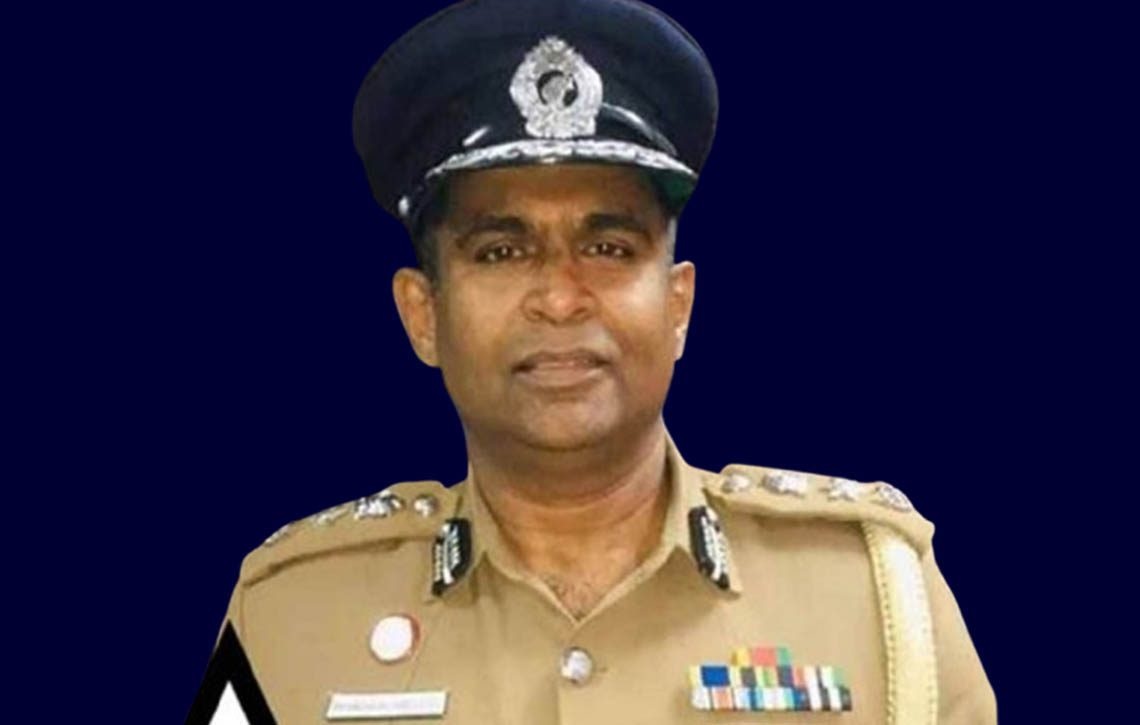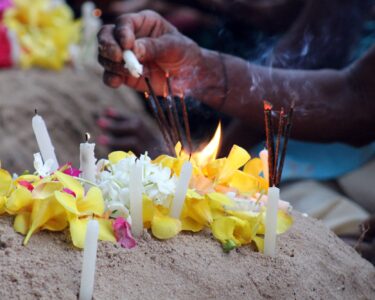Historic Police Shake-Up: Record Transfers and New IGP Aim to Restore Integrity
Sri Lanka’s police force is undergoing an unprecedented shake-up as a record number of transfers is set to redefine its leadership structure. In what insiders claim is a strategic move based on carefully studied intelligence reports—and amid growing discontent among some senior officers—the government has initiated the transfer of 139 police station heads. This marks the largest reorganization in the history of the force.

Among the transferred officers are 105 senior police inspectors and 34 police inspectors, with the changes scheduled to take effect on February 13 and February 18. Notably, a significant number of police commissioners in Colombo, surrounding regions, and the southern parts of the country are being reassigned to general duties. Officials maintain that this extensive reshuffle is a critical part of a broader strategy to modernize operations and restore public trust in the police service.
Insiders suggest that the transfers were not random but the result of an in-depth review of intelligence reports, which indicated potential internal dissent among certain disgruntled officers. While some observers speculate that not all transfers will be happily accepted , the overarching goal is clear: to restore the reputation and credibility of Sri Lanka’s police force.
This dramatic reorganization follows a turbulent period under the previous acting Inspector General of Police (IGP), who was accused of violating fundamental rights. Critics argued that under his leadership, the force had faltered in upholding the highest standards of justice and accountability. In response, the government has now appointed a new IGP who has expressed ambitious plans to clean up the police service and re-establish its integrity.
Dignity and Operational Effectiveness
Government spokes people have assured the public that the restructuring process will be free from political influence. “This is about restoring the dignity and operational effectiveness of our police service,” said Cabinet spokesman Minister Nalinda Jayatissa. However, many independent observers caution that the task ahead is not going to be easy. They warn that resistance from within the ranks is inevitable as entrenched interests adjust to the new order.
The transfers span a wide array of locations across the nation, including key areas such as Minuwangoda, Giriulla, Ragama, Maradana, Grandpass, Yakkala, Kadawatha, Ja-Ela, Katunayaka, and many others. In addition, even the principal police inspector of Kantale has been moved to general duties.
As these sweeping changes take effect, the public and law enforcement experts alike will be closely monitoring their impact. The new IGP’s commitment to overhauling the police service represents a bold bid to overcome past shortcomings and ensure that the force can meet modern challenges with renewed vigor and accountability.
Only time will tell if these measures will successfully restore public confidence or if internal resistance will undermine the ambitious reform agenda. For now, the nation watches and waits as Sri Lanka’s police force embarks on what promises to be a challenging journey toward reform.







